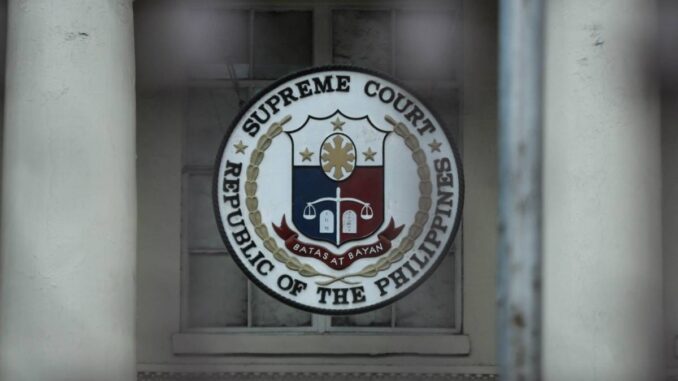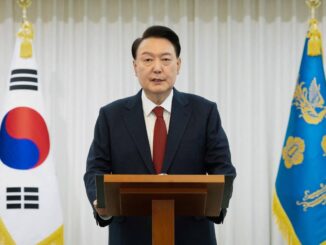
(UPDATE) THE Supreme Court has reaffirmed the democratic rights of citizens to run for public office, irrespective of their financial means.
In a landmark decision, the Supreme Court said a candidate’s lack of financial resources to fund a nationwide campaign does not automatically make him or her a nuisance candidate.
The en banc ruling, written by Senior Associate Justice Marvic M.V.F. Leonen, overturned previous resolutions by the Commission on Elections (Comelec) that invalidated the candidacy of Juan Olila Ollesca in the 2022 presidential elections.
The case began in October 2021, when Ollesca, a business owner, filed his certificate of candidacy (COC) to run as an independent candidate for the presidency. Shortly thereafter, the Comelec Law Department petitioned to declare Ollesca a nuisance candidate, arguing that he was neither well-known nor possessed the resources to mount a nationwide campaign capable of achieving national recognition.
The Comelec’s Second Division granted the petition, declaring Ollesca a nuisance candidate. The Comelec en banc upheld this decision, denying Ollesca’s motion for reconsideration.
The high court emphasized that in a democracy, every citizen has the right to seek public office, a principle that must be balanced with the practical need to maintain free, fair, and orderly elections. The law, it stated, allows Comelec to regulate candidacies to avoid confusion, excessive resource allocation, and voter deception.
The Court stressed that the criteria for declaring a nuisance candidate must adhere to legal standards. It is the responsibility of the Comelec to present substantial evidence that a candidate lacks genuine intent to run for office. Factors such as the absence of a political party nomination, limited public recognition, or insufficient campaign funds cannot, on their own, serve as definitive proof of a lack of intent.
The Court further noted that disqualifying candidates based on their financial capacity would effectively impose a property requirement for public office — a practice explicitly prohibited by the Constitution.
It stressed that the central consideration should be whether a candidate enjoys significant public support, not their likelihood of success or campaign resources.
The Court’s decision said the ability to fund a campaign does not equate to sincerity or competence in running for public office. Wealth, it argued, should not be a prerequisite for leadership.





Be the first to comment